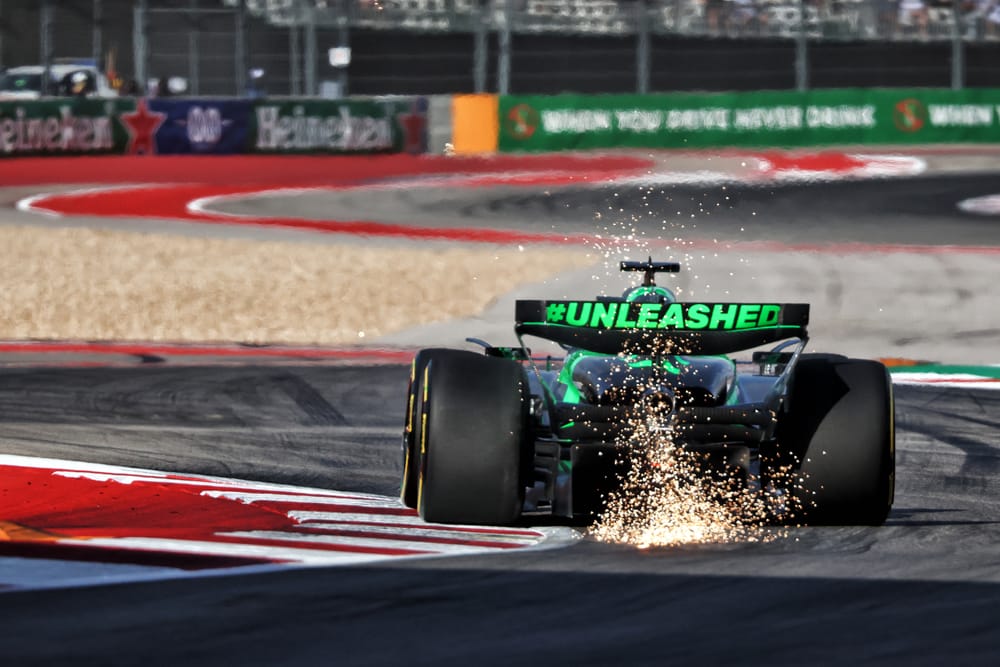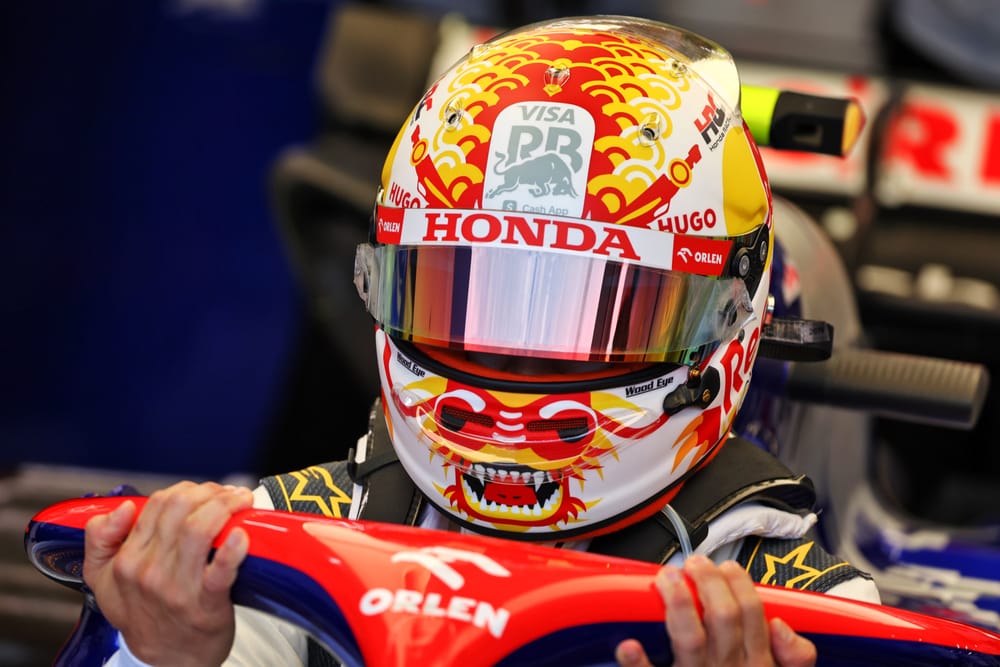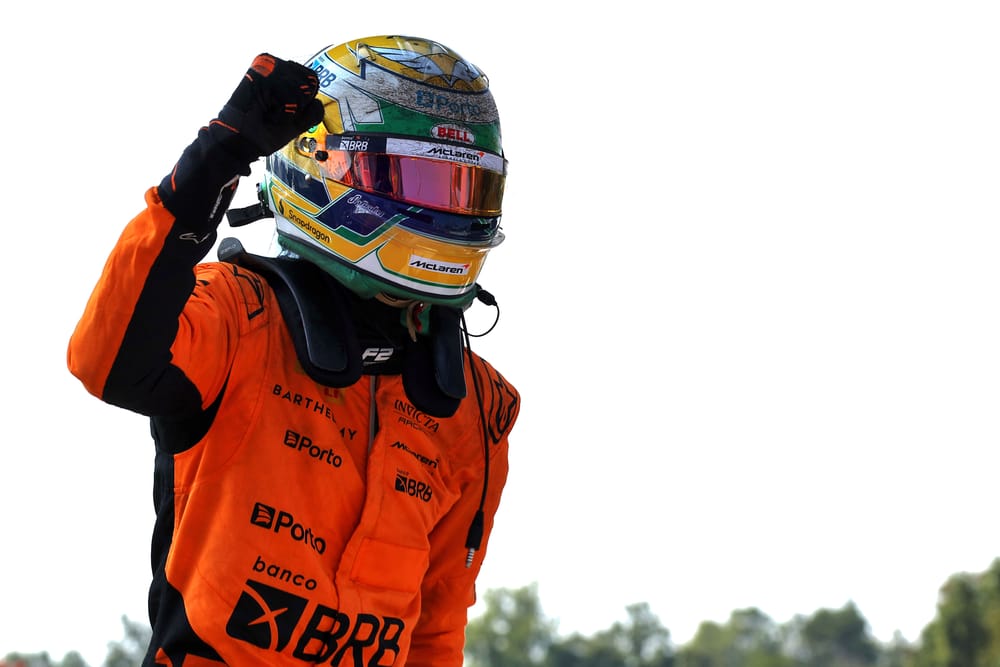Up Next

Valtteri Bottas has talked for months of his hopes of signing a contract to keep him in Formula 1 next year.
He headed into the recent break between the Singapore and United States Grands Prix optimistic that a new Sauber deal would finally be completed after opportunities elsewhere had been whittled away. So why is he still in limbo?
“Good question,” said Bottas when asked why his Sauber place is not yet a done deal. “I mentioned that I was hoping before Austin to be sorted, but we’re still waiting for the final decisions.
“And I think that question is more for Mattia [Binotto] to answer, rather than me. At the moment, I've got the message that there's nothing I can do at the moment, and it is not in my hands. Of course, I'm trying to perform the best I can this weekend, and hope that will boost things up. But that's where we are.”
Bottas is still well-positioned. Despite reports he’s pushing for more money or a longer-term contract than has been offered, it’s understood that this is not the case and the delay is simply about Sauber and Audi making their final decision.
While close to doing so, the wait indicates that potential alternatives haven’t yet been entirely dismissed. That means Bottas can only sit tight, keep doing his job well and wait for the final nod.
Despite Binotto recently saying Sauber is “evaluating” Mick Schumacher, he is understood not to be regarded as a strong candidate by the team.
Schumacher was on the books of the Ferrari Driver Academy from 2019-2022, and, while Binotto therefore knows him well and respects his abilities, he’s understandably not regarded as a better option than Bottas.
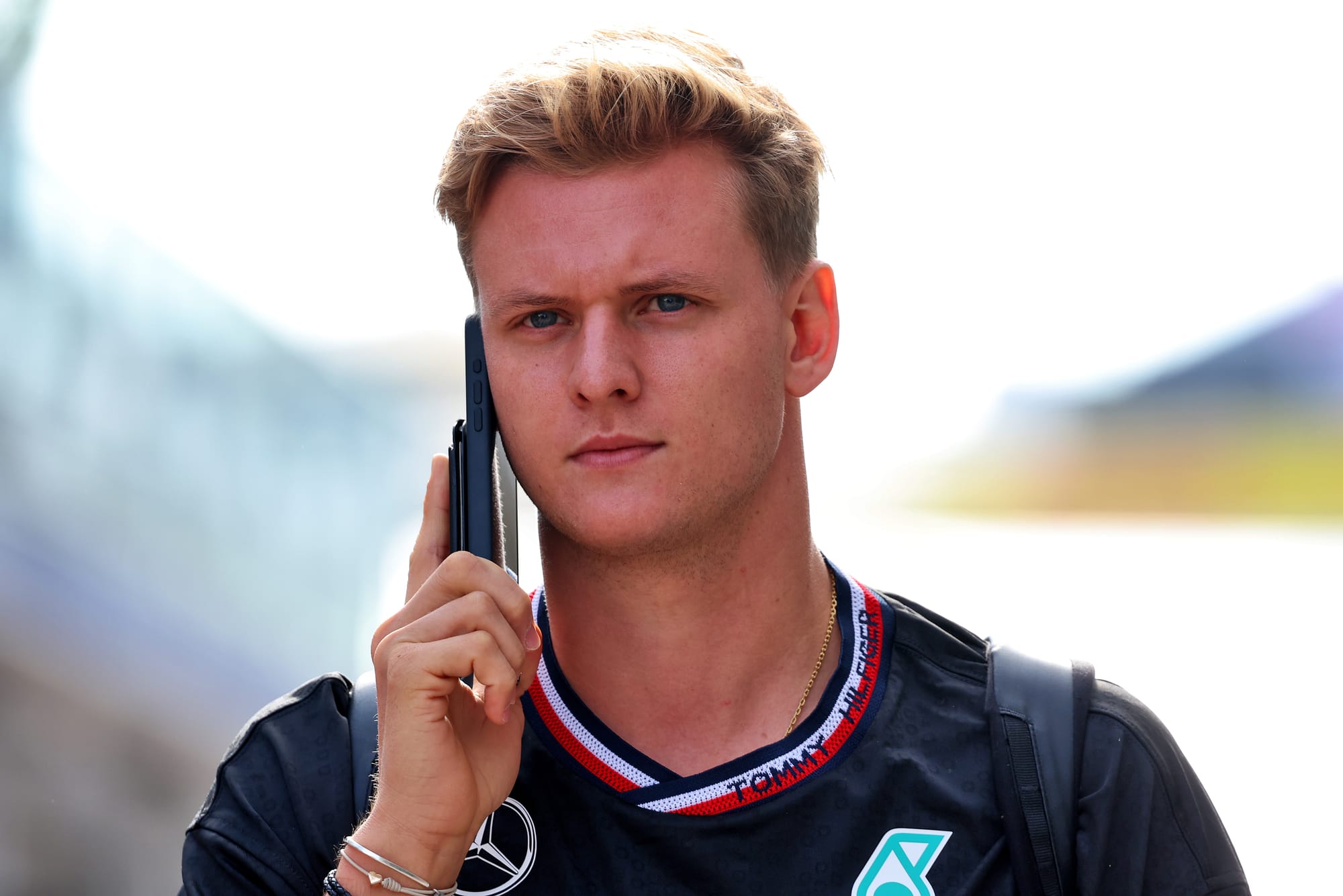
Schumacher proved himself to be a capable grand prix driver, but his ceiling in terms of overall performance is lower than a team of this ambition should accept.
Given there is pressure in Germany for Audi to sign him, it’s only logical that Sauber and soon-to-be Audi boss Mattia Binotto should be polite about his candidacy rather than being too honest, something that caught out Williams team principal James Vowles when he described Schumacher as “not special” during September’s Italian Grand Prix weekend.
While this means his candidacy can’t be dismissed out of hand, it would likely be motivated by factors beyond what he can do in the car
The real threat to Bottas, and the reason that Sauber has not yet committed to him, appears to be the younger alternatives. Formula 2 championship leader Gabriel Bortoleto is understood to be favoured.
The Brazilian, who won last year’s F3 title and is in Fernando Alonso’s A14 management stable, as well as being on McLaren’s books as a development driver. While he’s highly-rated by McLaren, it cannot promise him any immediate progression into a race seat given it has both Lando Norris and Oscar Piastri on long term deals.
"He's a great racing driver,” said McLaren CEO Zak Brown when asked by The Race about Bortoleto’s situation. “Right now, our priority is to help him win the Formula 2 championship, that's what we're very much focussed on. We don't have an open seat, we're very happy with our two grand prix drivers and we wouldn't to hold a racing driver back in his career.
"So we've got to see how things play out, focused on winning the championship and focused on not holding him back if we can't provide him with an opportunity in Formula 1 which looks unlikely at this time.”
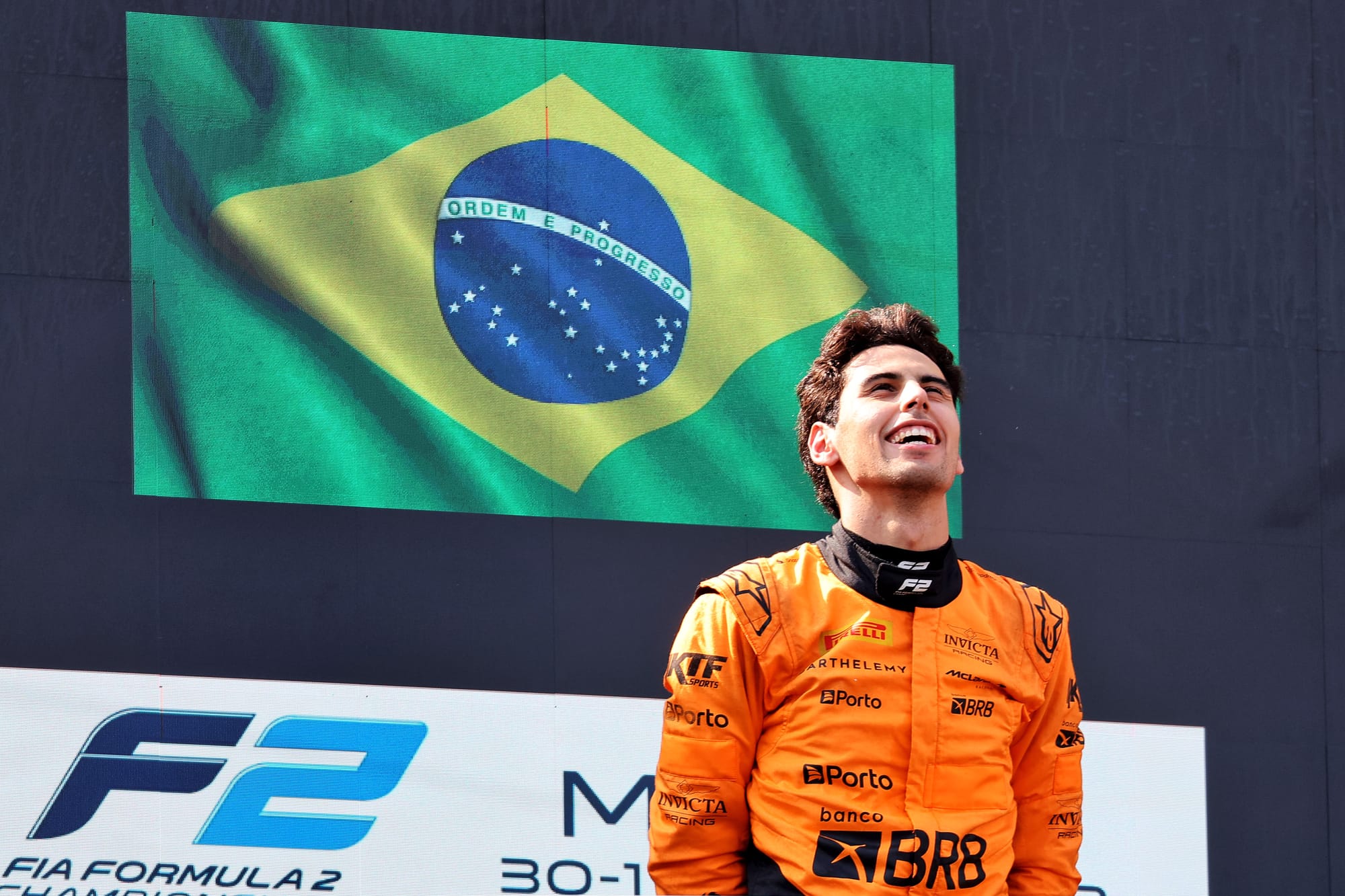
However, it’s understood for a Bortoleto deal to be possible it would require full control of the Brazilian's future. While McLaren is open to that, it would also require suitable terms to be agreed and for Bortoleto himself to be keen on a move to a team that’s struggling so badly - one where Binotto recently extended the timeline for getting to the sharp end to 2030.
A shorter-term ‘loan’ deal cannot be ruled out, but Audi is not coming into F1 to act as a driver-development academy for more successful rivals.
Franco Colapinto is the other obvious contender. Currently, he’s destined to remain on the sidelines as Williams reserve next year despite his impressive performances since he took over Logan Sargeant's seat, but there has been dialogue with Sauber.
However, for now that interest appears to have waned even though Williams is open to the possibility of releasing him - albeit at a price given he’s on a long-term deal.
You could argue Bottas’s long wait, and the fact that the team made it very clear he would have lost his seat had its pursuit of Carlos Sainz been successful given Nico Hulkenberg’s signing was completed in April, means he’s not favoured.
However, Binotto has not been in situ for long and the volatility of the driver market - now somewhat becalmed given the Sauber drive is the only one that is definitely available - perhaps means it’s no surprise a little extra time is taken.
But Bottas is enduring a nervous time waiting for that confirmation given there’s still the potential for Sauber to opt for an alternative.
As he’s said, there’s nothing more Bottas can do. He’s performed well this season in increasingly uncompetitive machinery and is rightly regarded as a driver who still has the speed and experience to be of enormous value to a team that badly needs to make progress.
The results on paper have been dire as he’s on course for his first point-less campaign in 12 years in F1, but after a brief spell early on when the Sauber could threaten the top 10 but flirtations with points were stymied by pitstop problems, it has settled into being emphatically the slowest car in the field.
In that context, Bottas making it through to Q2 six times has to be considered a low-key success.
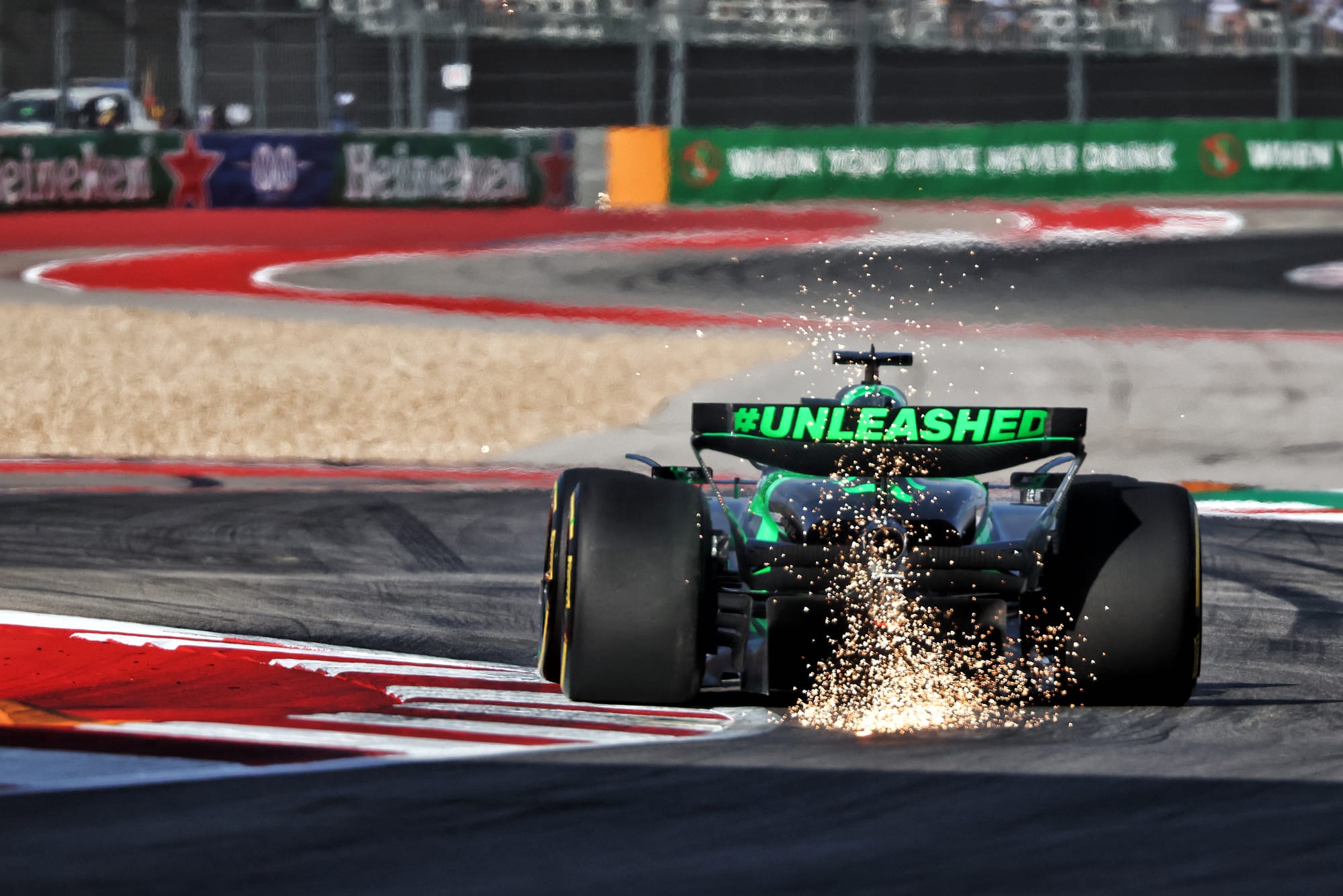
“If you don’t have the car, it’s really difficult to show what you can do,” said Bottas. “And also, for people making decisions in a big company, they tend to look at the rests. So it’s not at the moment easy to shine. But [I’ve] just got to trust Mattia. He knows what he will get from me.”
That’s a key consideration for a team that has already squandered significant time as it moves towards becoming the works Audi squad in 2026. Bottas has a huge amount to offer and Binotto will surely recognise that.
As a 35-year-old, he’s unlikely to be the driver who leads Audi to victories and world championship bids that it hopes will come in the 2030s, but he has the skillset and experience to play an important role in getting there.
Sometimes, what appears superficially as the ‘boring’ option is the best and most pragmatic solution. It will also give Audi flexibility to make changes down the line, perhaps in 2025 or '26, when it might be in a better position in the driver market.
Nothing is certain until the deal is signed, sealed and delivered. The hesitation, combined with the risk of yet another curveball being lobbed into the absurd driver market machinations of 2024, means Bottas can take nothing for granted. His long wait for a deal for next year will therefore last a little longer yet.


